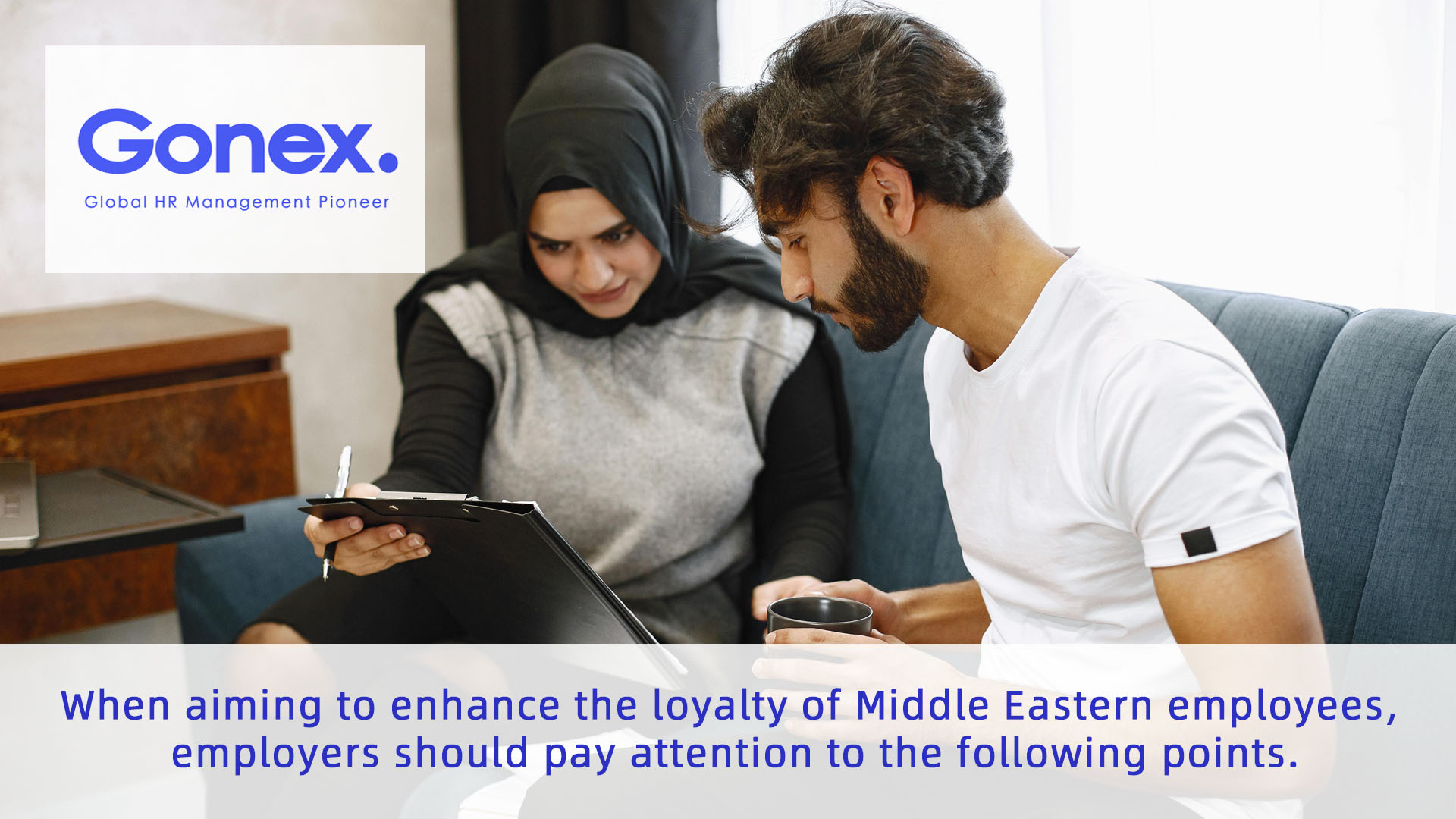
Building and maintaining employee loyalty is crucial for the success of any organization, particularly in the dynamic and culturally diverse landscape of the Middle East. Understanding the unique cultural nuances, work practices, and values of employees in this region is essential for fostering loyalty and commitment. In this article, we will explore key points that employers should consider when aiming to enhance the loyalty of Middle Eastern employees.
Recognizing Cultural Differences: The Middle East is rich in cultural diversity, and each country within the region has its own set of traditions, values, and societal norms. Employers must demonstrate sensitivity and awareness of these cultural differences in their interactions with employees. Respecting hierarchical structures, acknowledging authority figures, and adhering to established protocols are fundamental aspects of Middle Eastern work culture. By embracing and adapting to these cultural norms, employers can cultivate trust and loyalty among their employees.
Prioritizing Transparent Communication: Effective communication is vital for fostering a positive work environment and building strong relationships with employees. In the Middle East, communication is often hierarchical, with decisions being made by senior leaders and authority figures. Employers should ensure transparent communication channels that respect this hierarchy while also promoting open dialogue and feedback. Providing clear guidance, acknowledging the importance of seniority, and seeking permission from higher-ups when necessary can enhance employee engagement and loyalty.
Supporting Work-Life Balance: Maintaining a healthy work-life balance is a universal concern for employees worldwide, including those in the Middle East. Employers should prioritize initiatives that support work-life balance, such as flexible working arrangements, family-friendly policies, and support for personal and religious obligations. Particularly during significant cultural events like Ramadan, accommodating employees’ needs by adjusting working hours demonstrates understanding and empathy, fostering loyalty and commitment to the organization.
Offering Competitive Benefits: In many Middle Eastern countries, there is a significant disparity in benefits between state-owned enterprises and private companies. To enhance employee loyalty, employers should strive to offer competitive benefits and incentives that rival those provided by state-owned enterprises. This may include healthcare coverage, retirement plans, housing allowances, and other perks that contribute to employee satisfaction and retention. By investing in their employees’ well-being and professional development, employers can cultivate a loyal and motivated workforce.
In conclusion, enhancing the loyalty of Middle Eastern employees requires a nuanced understanding of the region’s cultural dynamics and values. Employers must prioritize transparent communication, cultural sensitivity, work-life balance, and competitive benefits to foster a supportive and inclusive work environment. By valuing and respecting their employees’ contributions and needs, organizations can cultivate a loyal and engaged workforce that drives success and growth in the ever-evolving Middle Eastern business landscape.